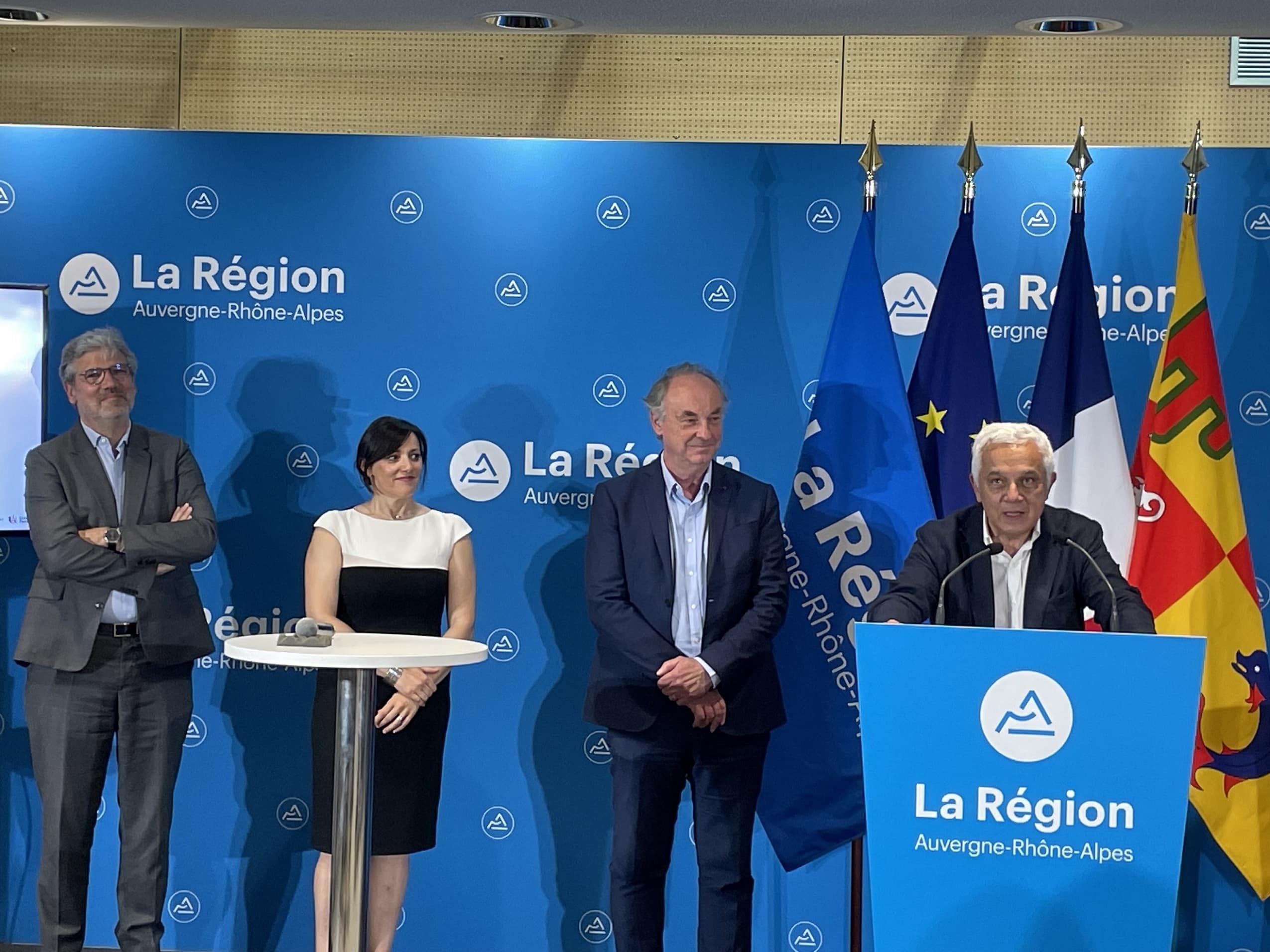Its name will change, but not its mission. According to the Institut Pasteur, the BCF2I biocluster “will aim to strengthen the coordination of existing infrastructures, accelerate current initiatives and launch new ones to tackle emerging pathogens and antimicrobial resistance.”. With a budget of €100 million, it will handle not only emerging and re-emerging diseases, but also antimicrobial resistance, often described by scientists as a “silent pandemic”.
This Lyon-based biocluster is one of the five world-class clusters selected in the call for expressions of interest launched as part of the Health Innovation Plan 2030. It will be supported by the major players in the field of infectious diseases, such as world-renowned hospitals (Hospices Civils de Lyon (HCL), AP-HP, etc.), public and private academic institutions (Institut Pasteur, Université Claude Bernard Lyon 1, Université Paris Cité, Inserm/ANRS | Emerging Infectious Diseases, etc.) and numerous industrial operators that specialize in infectious diseases and animal health (Biomérieux, Sanofi, Boehringer Ingelheim, and many other large and small businesses). The project is due to get underway officially in early 2024.
“BCF2I must create the conditions for a continuum between fundamental projects and industrial projects,” said Florence Agostino-Etchetto, CEO of Lyonbiopôle. In the event of a new pandemic, this biocluster will be activated immediately. It will coordinate an integrated academic and industrial response to the emergency, together with governmental and European organizations. Six innovative technology platforms will be proposed, covering the four stages of the infectious disease value chain (anticipation and surveillance, prevention, diagnosis and development of therapies). Since viruses know no borders, this project will be nationally based, with international resonances and ramifications.
“This biocluster against emerging diseases should enable France to better respond to major public health challenges in the field of infectious diseases, to offer products and services and to implement prevention. In the event of a new pandemic, we will have a system available that can be easily activated for a faster, more structured response that better protects the population,” Florence Agostino-Etchetto, CEO of Lyonbiopôle Auvergne-Rhône-Alpes.
As one of the pillars of the project, the Institut Pasteur will, based upon its expertise and competence, contribute to a number of major research topics – study of vector-host interactions, development of diagnostic techniques, and international issues shared by Pasteur Network stakeholders (33 members in 25 countries).
In addition, the biocluster will aim to strengthen vaccine research by integrating the major strategic vaccinology research projects led by the Institut Pasteur, Inserm and the CEA (Commissariat à l’Énergie Atomique et aux Énergies Alternatives).
“The creation of the BCF2I biocluster is a response to the risks associated with climate change, deteriorating ecosystems and globalization, which are leading to a significant increase in the worldwide risk of pandemics and antimicrobial resistance. The sharp increase in these two risks has highlighted the importance of a “One Health” approach, enabling us to study the interface of environmental, animal and human health issues with a view to gaining a better understanding of the factors involved in the spread of infectious diseases,” Christophe d’Enfert, deputy director general for science at the Institut Pasteur.
BCF2I will also host and incubate startups, and facilitate exchanges and networking within the community.



